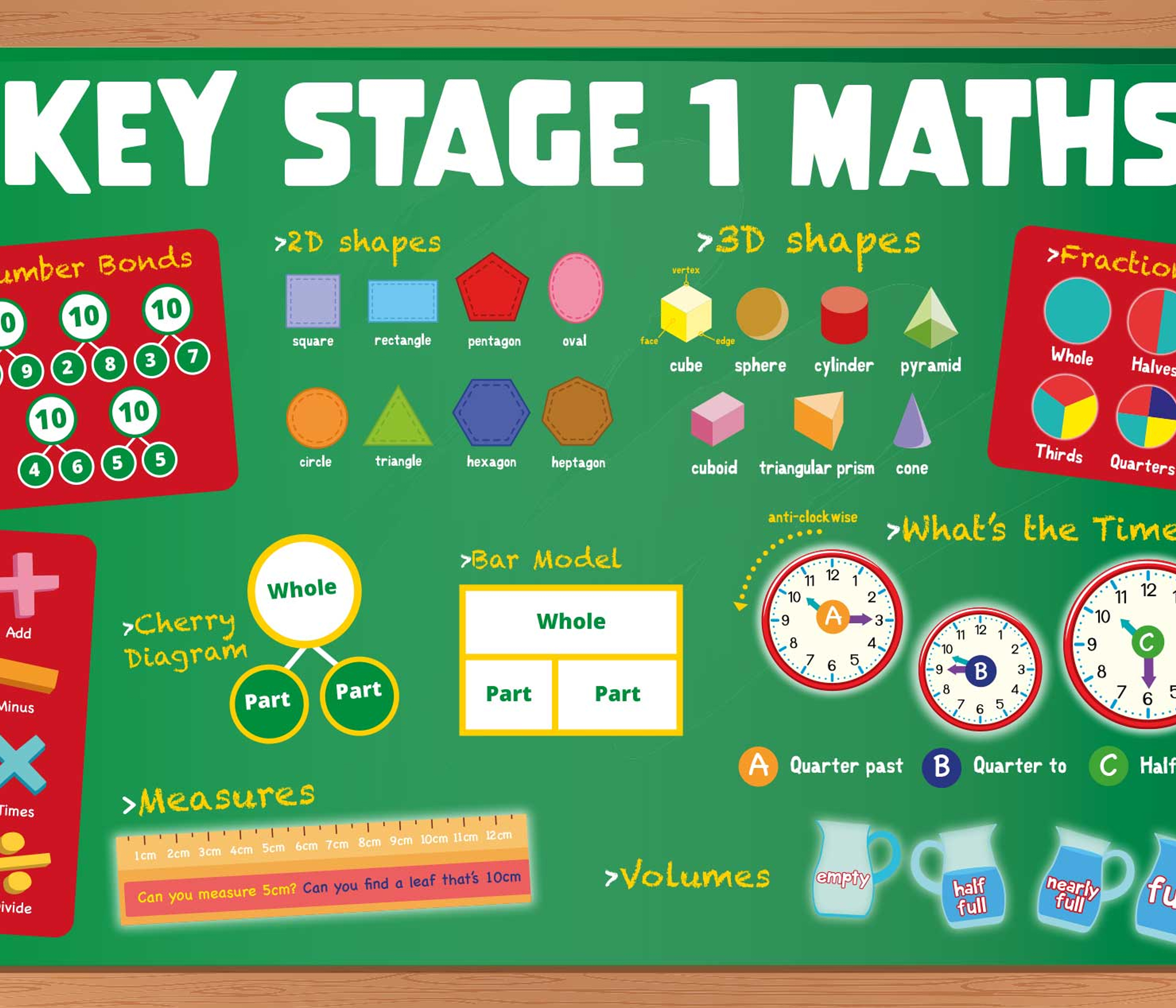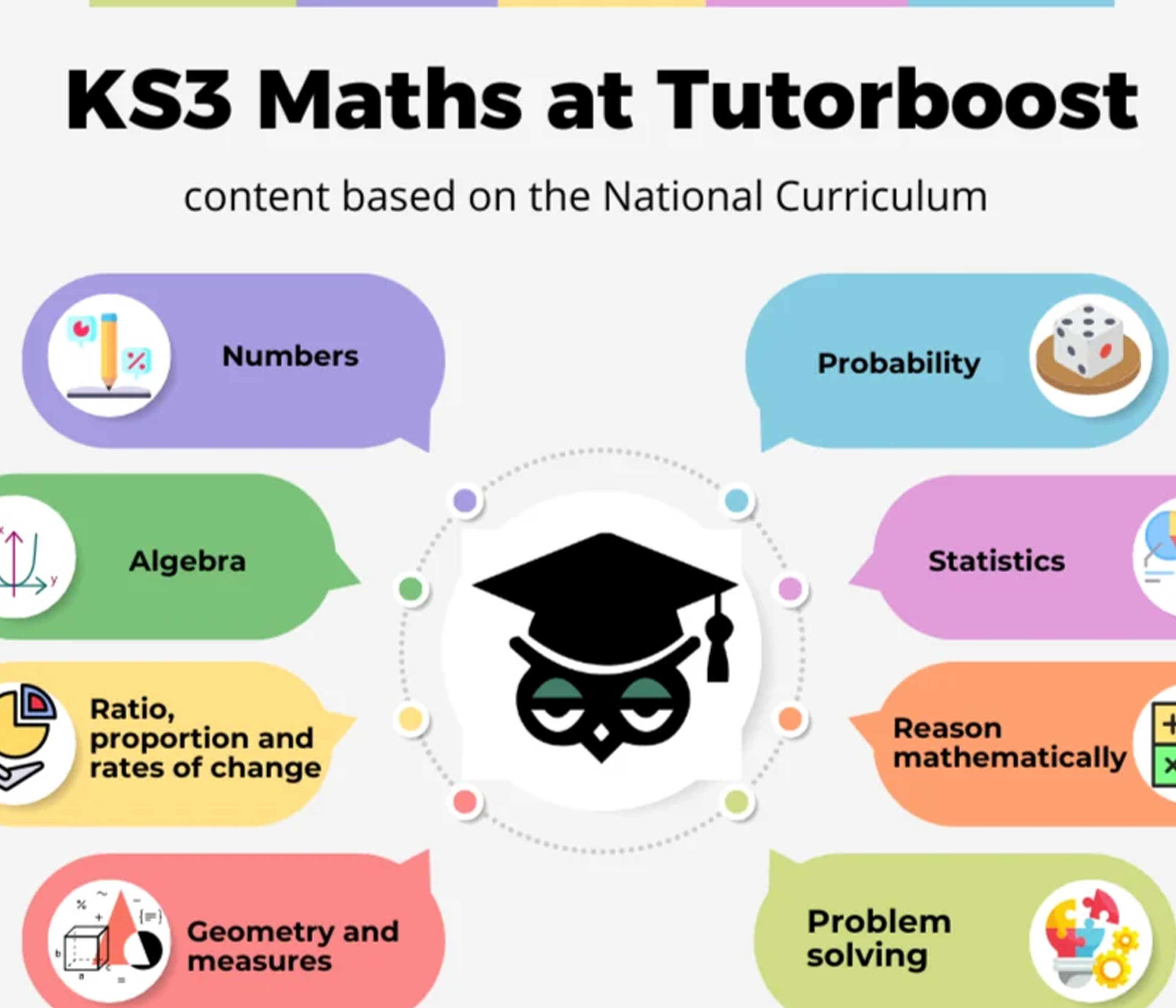Set Clear Learning Objectives:
Begin each lesson with clear, specific learning objectives. Communicate these objectives to students, so they know what they are expected to learn by the end of the lesson.
Build on Prior Knowledge:
Connect new mathematical concepts to students' prior knowledge and experiences. Review and reinforce foundational concepts before introducing more advanced topics.
Use a Variety of Teaching Methods:
Incorporate diverse teaching methods and resources, including lectures, interactive discussions, hands-on activities, visual aids, and technology (e.g., educational software and online resources).
Problem-Based Learning:
Encourage problem-solving as a central component of mathematics education. Present students with real-world problems and challenges that require them to apply mathematical concepts and skills.
Active Engagement:
Promote active learning by involving students in the learning process. Encourage questions, discussions, group work, and hands-on activities to enhance understanding.
Differentiate Instruction:
Recognize that students have varying levels of readiness and learning styles. Differentiate instruction to meet individual needs, providing additional support or enrichment as necessary.
Assessment and Feedback:
Use formative assessment techniques to gauge students' understanding throughout the learning process. Provide timely and constructive feedback to help students improve.
Scaffold Learning:
Break down complex concepts into smaller, more manageable steps. Scaffold instruction by gradually increasing the complexity of problems and tasks as students become more proficient.
Real-World Applications:
Emphasize the practical applications of mathematics in everyday life and various fields. Show students how mathematical concepts are relevant and useful.
Promote Critical Thinking:
Encourage students to think critically and analytically. Ask open-ended questions that require them to explain their reasoning and explore multiple solutions.
Use Technology Wisely:
Integrate technology into the curriculum when appropriate. Educational software, calculators, and interactive online resources can enhance mathematical understanding.
Supportive Classroom Environment:
Create a positive and inclusive classroom atmosphere where students feel comfortable asking questions, making mistakes, and taking risks in their learning.
Continuous Professional Development:
Stay up-to-date with best practices in mathematics education by attending workshops, conferences, and engaging in ongoing professional development.
Collaboration:
Collaborate with colleagues to share insights, resources, and effective teaching strategies. Learning from and with others can enhance your teaching approach.
Reflection and Adaptation:
Regularly reflect on your teaching methods and their effectiveness. Be willing to adapt and refine your approach based on student needs and feedback.





